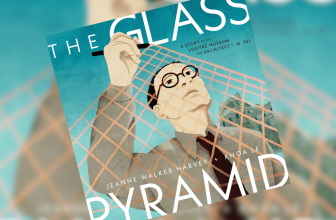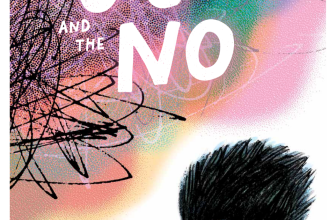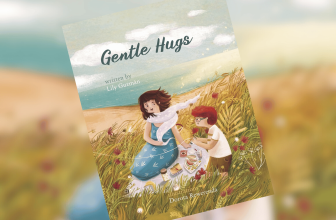
International award-winning children’s book author, playwright and filmmaker, Maura Pierlot visits us today on the eve of her latest picture book release, Clutterbugs; a book that creates a nuanced look at creating vs consuming. Here’s why she pursued this concept.
We live in an age where our self-worth is often built on what we have
rather than who we are. The problem of plenty.
Buried in our ‘stuff’ is
the notion that property and possessions will improve our lives, but the
converse is usually true.
Abundance diminishes value. The more we have, the
less content we seem to be. From every vantage point, fulfilment appears out of
reach.
relentless demand depletes natural resources and hastens environmental
degradation. Yet, for some inexplicable reason, we continue to (over)consume,
to dispose, to replace. If we have time to think about the environment, it’s a
passing thought, often aspirational – I should take public transport to work
tomorrow, I should grow vegetables, I should avoid plastics, I
should cut down on food waste – rather than a firm commitment to live
sustainably. We’re too busy deciding whether to buy the Chesterfield or the
Davenport sofa, or when to nab the Bali flight deal.
These
scenarios may seem over the top, but they’re all too real. In fact, many of us
claim to keep sustainability front and centre when purchasing but choose a less
eco-friendly alternative. Why? Lower
cost, greater convenience and lack of deliberation are often the culprits. In a
world burdened with choice, decisions are instantaneous, with satisfaction a click
away. Consumer goods move at record speed globally, leaving little for us
to factor in long-term consequences. Older generations can trace the evolution
of this mindset, having lived through all, or most, of its stages, but children
today are born into the problem of plenty. Our job as parents, educators,
family and community members is to help them cultivate a mindset that values
quality over quantity and sustainability over disposability.
Children are wiser and more capable than we think. In fact, their innate
curiosity and sense of wonder make them both ideal advocates for change and
powerful champions for sustainability. There’s no better way to equip them for
this role than storytelling. Through the seamless integration of words and
images, picture books can inform, empower, encourage and motivate children to
see the beauty in simplicity and the power of their choices.
The
reasons writers put pen to paper are as varied as the stories they produce.
Stories are dynamic vehicles that foster self-reflection, imagination, empathy,
growth, moral development and connection. I aim to write stories that empower
readers to care about themselves and the world, take responsibility for their
choices and embody the values of the people they want to be. Writing about
nature, the environment, ethics and wellbeing is a natural fit.
Ultimately,
the journey toward a more sustainable future requires all of us to pitch in. By
empowering our children to embrace the principles of sustainability and
instilling in them the values of responsibility and stewardship, picture books (like Clutterbugs) can empower young readers to make thoughtful decisions that contribute to the
greater good. This is one of many ways to transform the problem of plenty into
an opportunity for growth, creativity, and connection.
In this new world, abundance is measured not by the things we possess but by
the richness of our relationships and our commitment to caring for our planet.
Maura Pierlot is an award-winning author, playwright and filmmaker whose latest
picture book, Clutterbugs,
inspires responsibility, environmental awareness and sustainability.
Connect with Maura via her website or through Instagram










